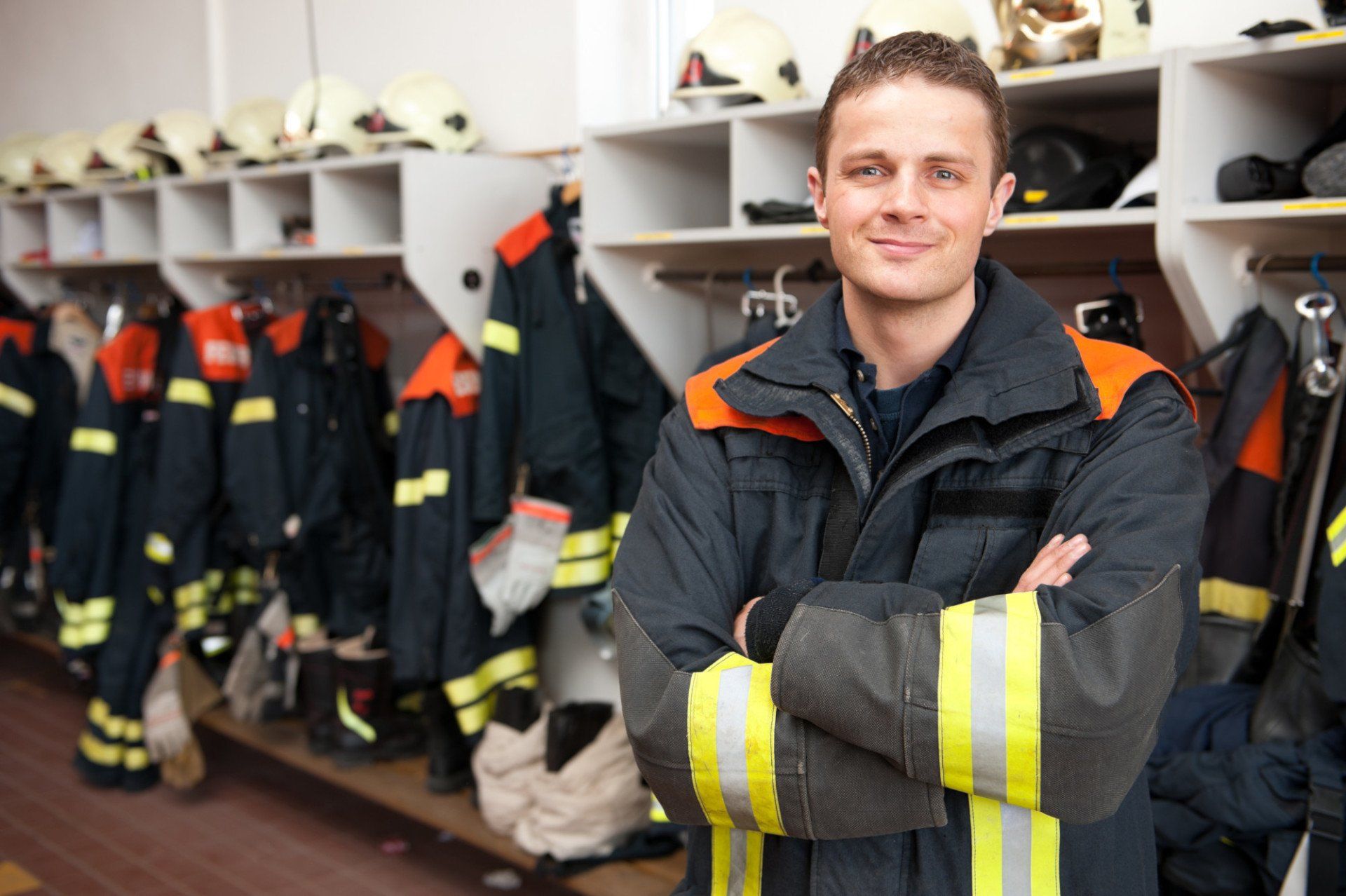Unoccupied Property Insurance
Unoccupied Property Insurance
If you leave your property vacant and something happens to it, your insurance may not protect you. An unoccupied or vacant property is often not covered under a typical homeowner's or landlords policy, so if no one is living or working there at the time the damage occurs, you may end up having to pay out of your own pocket.
If you intend to leave your home or commercial property vacant for an extended period of time, don't take the risk. Unoccupied property insurance can protect you and your property at all times.
Available Covers:
- Property Damage
- Contract Works
- Employers' Liability
- Public Liability
- Property Owners Liability
- Legal Expenses
- Terrorism
- JCT Covers
- Non-Negligent Liability
What Is Unoccupied Property Insurance?
Unoccupied property insurance is a specific policy that will protect you and your home and business premises if you leave it vacant for an extended period. If you are away and your house or commercial property catches fire, it is broken into and vandalised, or if someone injures themselves on your property and files a legal claim, a typical homeowner's or commercial buildings & contents policy will not cover you. In this event, you will have to pay for costly repairs or legal fees yourself. An unoccupied property insurance policy will allow you and your property to have the same level of protection, whether anyone is rightfully in the property at the time or not.
Cover is often tailor made depending on your needs and requirements, from basic fire policies to ‘all risks’ policies that protects you from most unforeseen events.
A residence or property that is left vacant poses a much higher insurance risk. This is because emergency response times will be much slower in the event of disaster since no one is immediately present to call it in, as well as the fact that an unoccupied building is more likely to be subject to break-ins, vandalism and burglary..
So if your property is going to be vacant for a considerable period of time, you should consider covering yourself with an unoccupied property insurance policy.
Is Your Property Unoccupied?
If you're unclear about what exactly constitutes an unoccupied property, the best thing to do is to talk to your insurance provider to make sure you are covered. Different insurance providers may define "vacancy" or "occupancy" in different ways, so it is prudent to get clarification and err on the side of caution. Check your current policy as it may have a fixed restriction on the length of time you can leave your property unoccupied.
Here are some common scenarios in which an unoccupied property might need additional insurance:
- You own a holiday home which you only visit a few times a year, and is empty the rest of the time
- You have just leased or purchased a commercial property
- You are renovating a business premises
- You have recently purchased a new home, but you aren't going to move in for several weeks
- You frequently make long business trips abroad
- You are renting out a property and are in the process of finding new tenants
- You have to undergo a medical procedure which requires you to be in the hospital for an extended period
- You are staying with family or friends over the holiday season
- You're having renovations, remodelling or other work done to your house and are living elsewhere in the meantime
These are just a few of the reasons why you might require unoccupied property insurance. There are endless scenarios in which it is needed, so if you are concerned that your property might not be covered under your standard buildings and contents policy, talk to an insurance provider about coverage before it is too late.
The Benefits Of Unoccupied Property Insurance
Just because your property has no one in it, that does not mean you are not at risk if anything happens. A vacant property poses a higher risk than an occupied one because no one is present to prevent issues or call emergency services. If something happens to your property or someone else as a result of your absence, you will be liable to pay a potentially vast sum of money.
Here are a few examples in which unoccupied property insurance could protect you:
- Your property catches fire while you are away
- A pipe bursts, flooding your property and is not noticed until you return several weeks later
- A break in while you are away, smashing windows and stealing valuable items
- Your housekeeper or caretaker is injured by a light fixture falling from the ceiling and sues you
- A roof tile falls from your building and damages a car parked on the street. The driver files a lawsuit against you, the property owner
When you leave your property unoccupied, anything could happen in your absence, leaving you with unexpected bills. Having a robust insurance policy in place can protect you from any eventuality.
The benefits of Unoccupied Insurance with Forum Insurance:
- Peace of mind that you and your property are fully protected in your absence
- Protection from damage, meaning you won't need to pay for costly repairs and replacements out of your own pocket
- Liability protection, to save you from costly legal battles and fees in the event of third party damage or injury
- A bespoke policy tailored to your specific building, industry, and circumstances
- A dedicated account manager to assist you throughout
How To Buy Unoccupied Property Insurance
Don't risk leaving your property unprotected. If your home or commercial building is regularly unattended for long periods at a time, we can offer a bespoke unoccupied property insurance policy to keep you and your property safe. Whether you have one property or several, we can put together a specific plan that covers you for every possible eventuality.
If you are unsure whether your property is covered under your existing policy or want to find out more about protecting your vacant property, get in touch. One of our insurance experts can talk to you about your specific requirements and discuss how we can create a comprehensive, personalised, and affordable plan to meet your needs.

